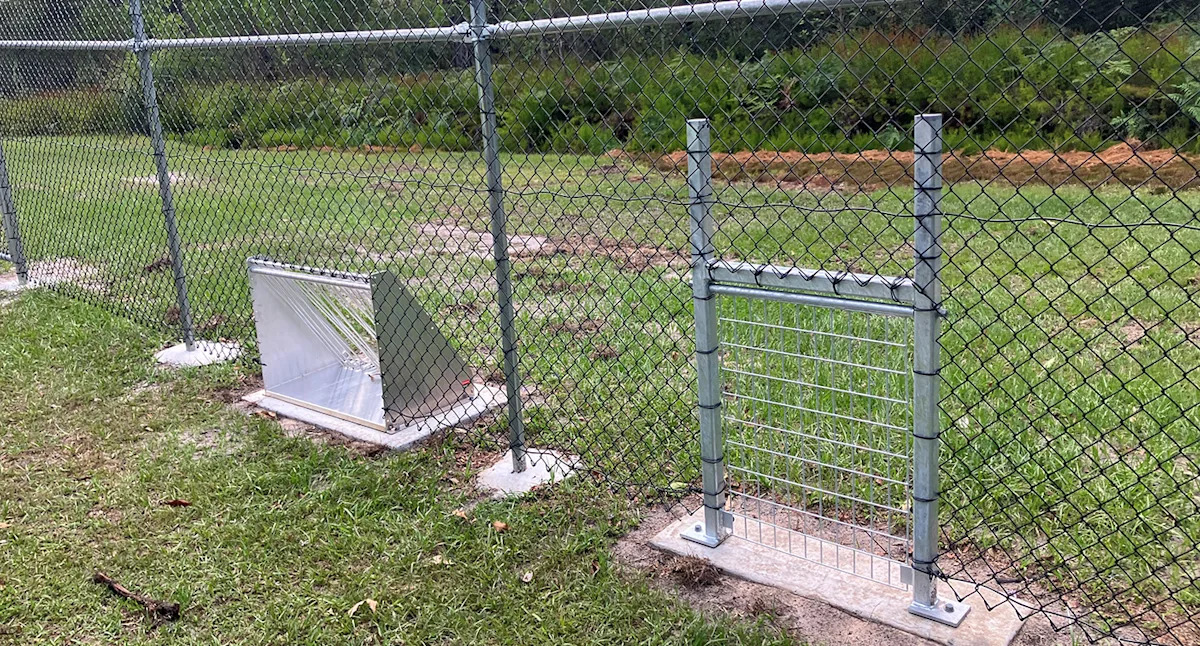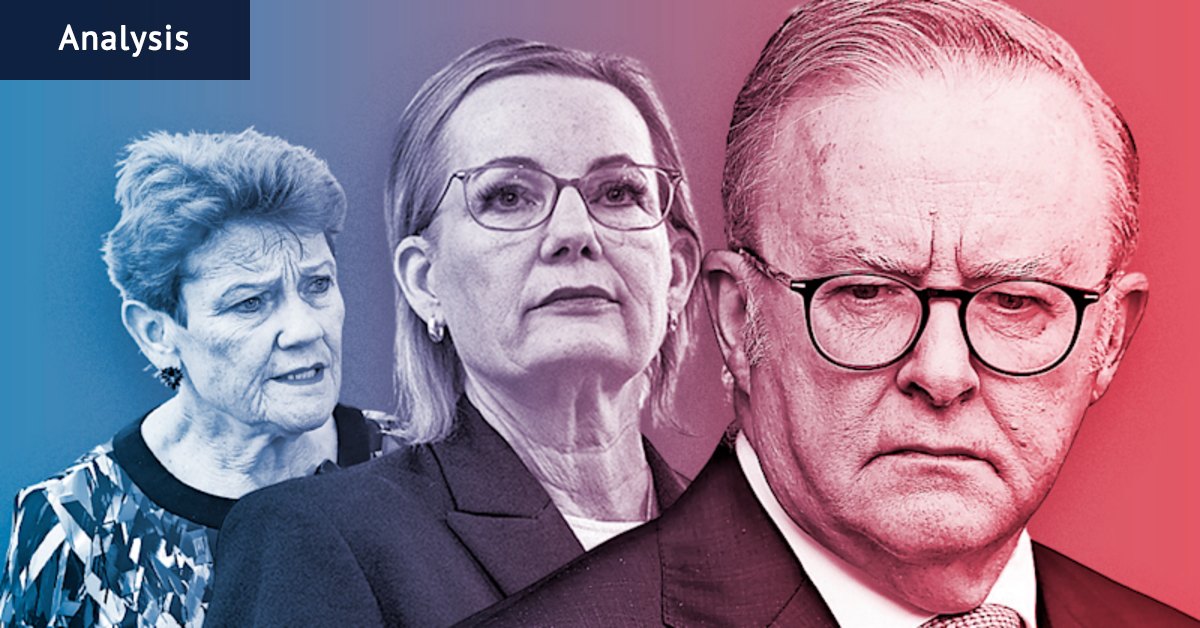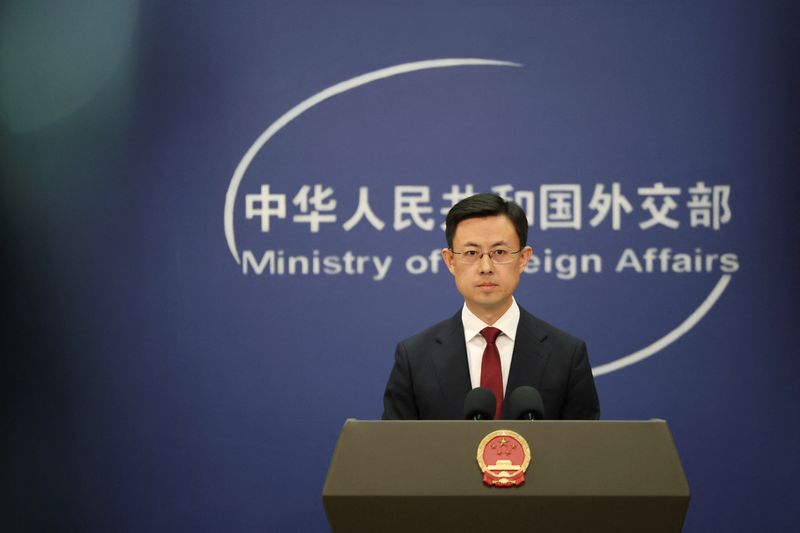
Senator Pauline Hanson has called for a comprehensive audit of Aboriginal and Torres Strait Islander businesses after a report revealed that 1,254 such entities failed to submit essential documentation for the 2023-2024 financial year. The report, published on August 6, highlighted significant non-compliance with financial and governance reporting requirements, drawing sharp criticism from the One Nation senator.
According to the Office of the Registrar of Indigenous Corporations (ORIC), among the non-compliant businesses, 26 were classified as ‘large’ with incomes exceeding $100,000. This marks a troubling increase from the previous year, where 792 companies were found lacking in their reporting obligations.
Political Reactions and Calls for Accountability
The revelation has sparked a political outcry, with Senator Hanson leading the charge for increased transparency and accountability. She argued that the current system is failing to provide meaningful assistance to Indigenous Australians in need and accused it of being a ‘corrupt, nepotistic Aboriginal industry’.
‘Some of these organisations have eight or nine-figure budgets and millions of dollars worth of assets, with CEOs earning wages well over $250,000,’ Senator Hanson stated. ‘One Nation renews our call for a comprehensive audit of this corrupt, nepotistic Aboriginal industry that is preying on Australian taxpayers.’
Senator Hanson also criticized the Corporations (Aboriginal and Torres Strait Islander) Act 2006 for allowing reduced compliance requirements compared to other corporations under the Australian Securities and Investments Commission (ASIC). She emphasized the need for accountability to achieve progress in closing the gaps in Indigenous welfare.
Government and Opposition Responses
Meanwhile, Coalition Indigenous affairs spokeswoman Kerrynne Liddle described the findings as ‘unacceptable’ and called for stringent adherence to regulatory standards. She criticized the Albanese government for its perceived inaction, stressing the importance of compliance in the effective delivery of taxpayer-funded services.
‘Where organisations receive taxpayer money to deliver these critical services, they must meet all regulatory, governance and legislative standards,’ Liddle asserted. ‘Where they do not, it is fair to question whether they are delivering services as intended.’
The Albanese government, now in its fourth year, has been urged to withhold funding from non-compliant organizations. A government spokeswoman reiterated that the management of reporting by Indigenous organizations falls under the jurisdiction of ORIC, emphasizing its role in maintaining accountability within the First Nations corporate sector.
Implications and Future Steps
The call for an audit represents a significant push for reform in the oversight of Indigenous corporations. The debate highlights ongoing concerns about the effectiveness of government funding in addressing Indigenous issues and the broader implications for public trust in these programs.
As the discussion continues, stakeholders are keenly watching how the government will respond to these demands for increased scrutiny. The outcome could set a precedent for how Indigenous corporations are managed and funded in the future, potentially leading to stricter regulations and oversight mechanisms.
With the issue now in the public eye, the next steps will likely involve a closer examination of the current regulatory framework and its effectiveness in ensuring accountability and transparency. The debate underscores the critical need for robust systems that ensure taxpayer funds are used effectively to support Indigenous communities.





